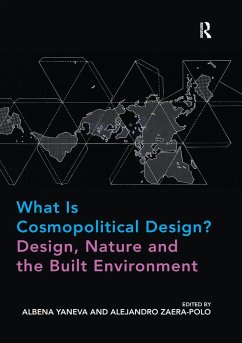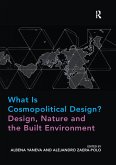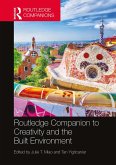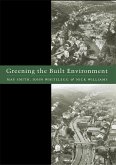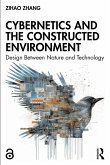How do designers make explicit the connection of humans to a variety of entities with different ontology: rivers, species, particles, materials and forces? How do they redefine political order by bringing together stars, prions and people? In effect, how should we understand design practice in its relation to the material and the living world? In this volume, anthropologists, science studies scholars, political scientists and sociologists rethink together the meaning of cosmopolitics for design. At the same time designers, architects and artists engage with the cosmopolitical question in trying to imagine the future of architectural and urban design. The book contains original empirical chapters and a number of revealing interviews with artists and designers whose practices set examples of 'cosmopolitically correct design'.
Dieser Download kann aus rechtlichen Gründen nur mit Rechnungsadresse in A, B, BG, CY, CZ, D, DK, EW, E, FIN, F, GR, HR, H, IRL, I, LT, L, LR, M, NL, PL, P, R, S, SLO, SK ausgeliefert werden.

